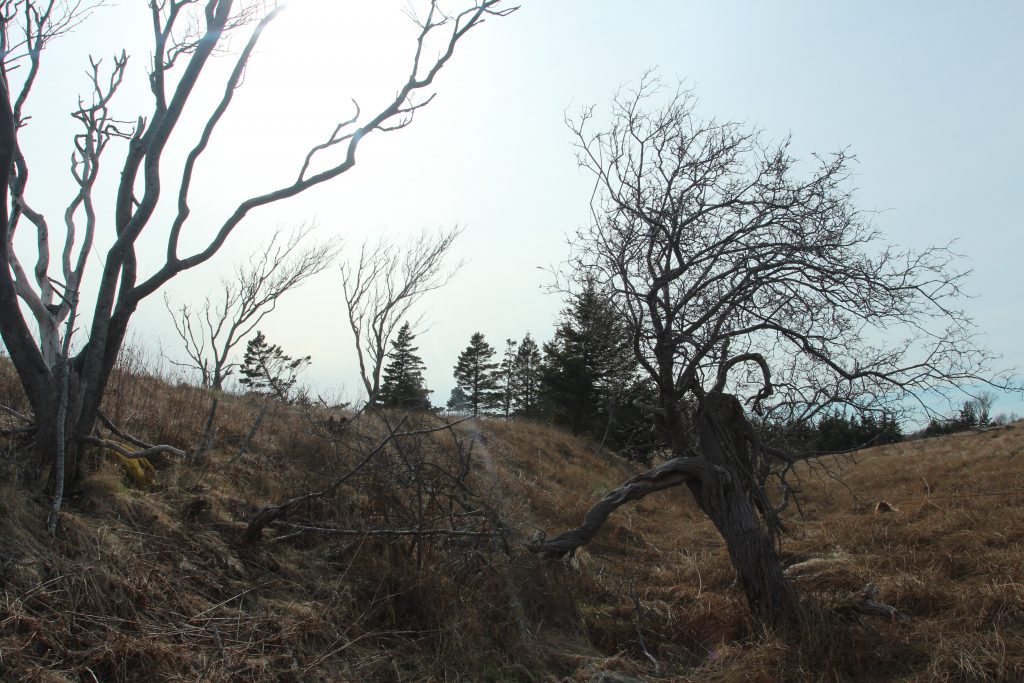Prioritize your survival efforts

Priorities mean the difference between life and death
The rule of three is simple. You can go three minutes without oxygen, three hours without shelter, three days without water, and three weeks without food.
It’s pretty close to accurate. Not exactly. Obviously, you won’t necessarily die if you go more than three hours without shelter, but in inclement weather, you might… so three hours without shelter.
The effect the rule of three has on survival
Rule One
Shelter, clearly. I mean, provided you can breathe. If you can’t breathe you might want to think about that, but I doubt you will even consider anything else for an instant. So, you can breathe you find a way to get out of the elements. It doesn’t have to be anything extravagant right away. A windbreak, some shade, something to keep the rain off. It really depends on where you are. If you are in the snow you need something that keeps your body heat close. If you are on a tropical island you need something that keeps the sun off of you — and hopefully blocks the wind a bit.
Sunburn might not seem like as big a deal as freezing, but it can kill you just as effectively.
Rule Two
Water. Water is not as essential as shelter, at least not as quickly. It is trickier though. Clean, safe water is essential… if the water isn’t safe it might just be worse than nothing at all. Drinking salt water can kill. Drinking water without sanitizing it can kill you.
You need around a gallon of water per person per day — that’s a minimum. Less than that is dangerous. there are a number of things that might increase that a great deal. Hot climates could double it. People who are ill might need a lot more. People who are elderly, very young, etc might need more water as well.
Boiled water is usually safe if it isn’t salt water and you aren’t in a city. In a city, there is a decent chance that water you find might be toxic. Chemical pollutants are likely. You have to be very careful with water in an urban environment. Actually purifying water is much, much harder. There are a variety of methods but condensation is the best one we have most of the time (activated charcoal filtering is arguably better, but typically much harder to pull off in a survival situation).
One note: Yes, you can technically drink pee… for a very limited time in very limited amounts. Don’t do it. Pee is sterile but it contains minerals and salts that your body was trying to get rid of. If you drink it you are putting those things back into your body and your kidneys have to filter that stuff a second time.
Rule Three
Food. You can go up to three weeks without food, but again, don’t. You will not have the strength to find food if you wait that long. You need to maintain calories more than anything in a survival situation. Nutrition is much lower on the priority list. Mind you, keeping at least a minimum amount of protein is very, very important. Protein will keep your energy up.
In terms of calories, your height, weight, and sex are going to be what determines how many calories you need. The average for a man is 2500 and for a woman, it’s 2000. Those are averages to maintain weight, not minimums… although if you are trying to survive you should aim for as many as you can get your hands on.
You need to eat meat in a survival situation. Vegetarianism makes sense for a lot of people but it doesn’t make sense when you are trying to survive off of what is at hand. You need to make sure you get protein from whatever source you can, and the biggest source of protein in the wild is going to be animals. If you are a long term vegetarian though, it can take a bit for your stomach to adjust so take it pretty slow.
Conclusion
That’s a very introductory look at setting priorities for survival. Shelter, water, food — make sure you have the order right and make sure you get enough of all of the above. Priority is the second most important thing in survival — attitude is the only one that beats it. Remember the rule of three and you are well on your way to setting your priorities correctly.